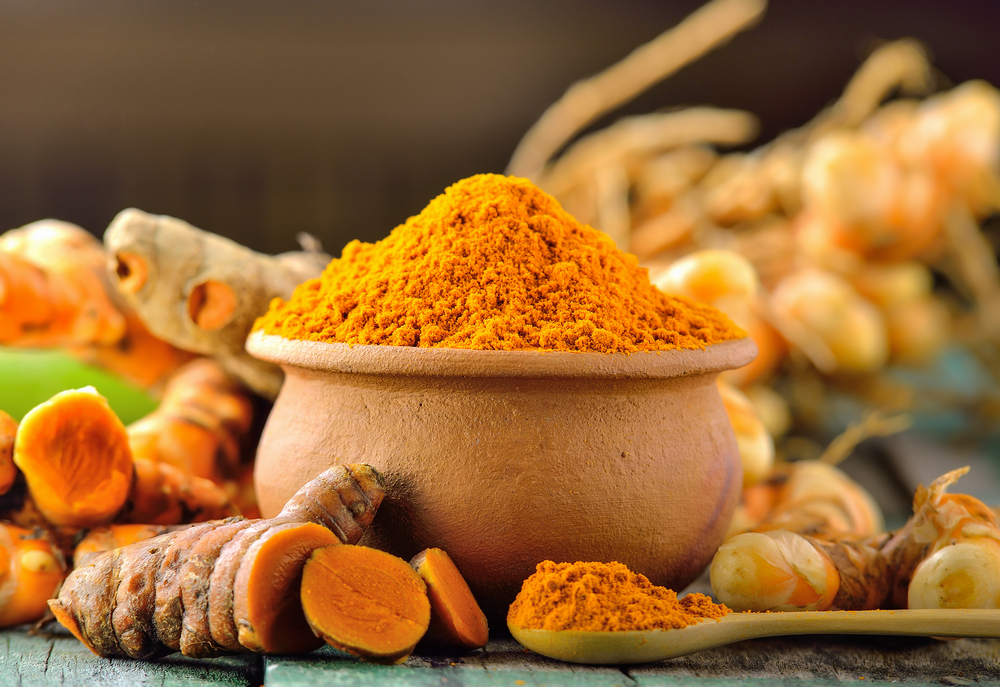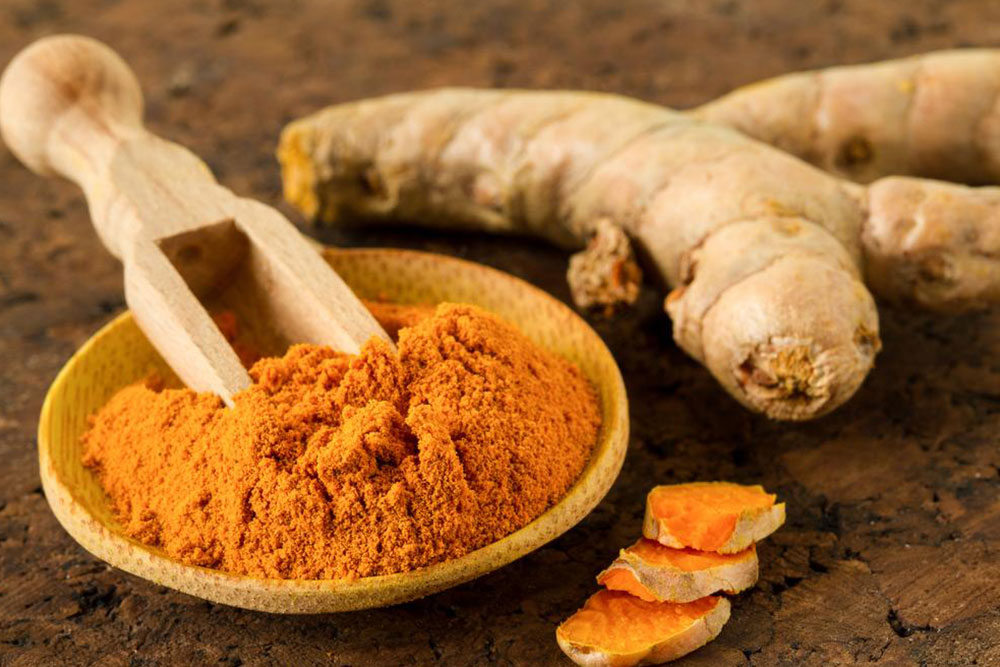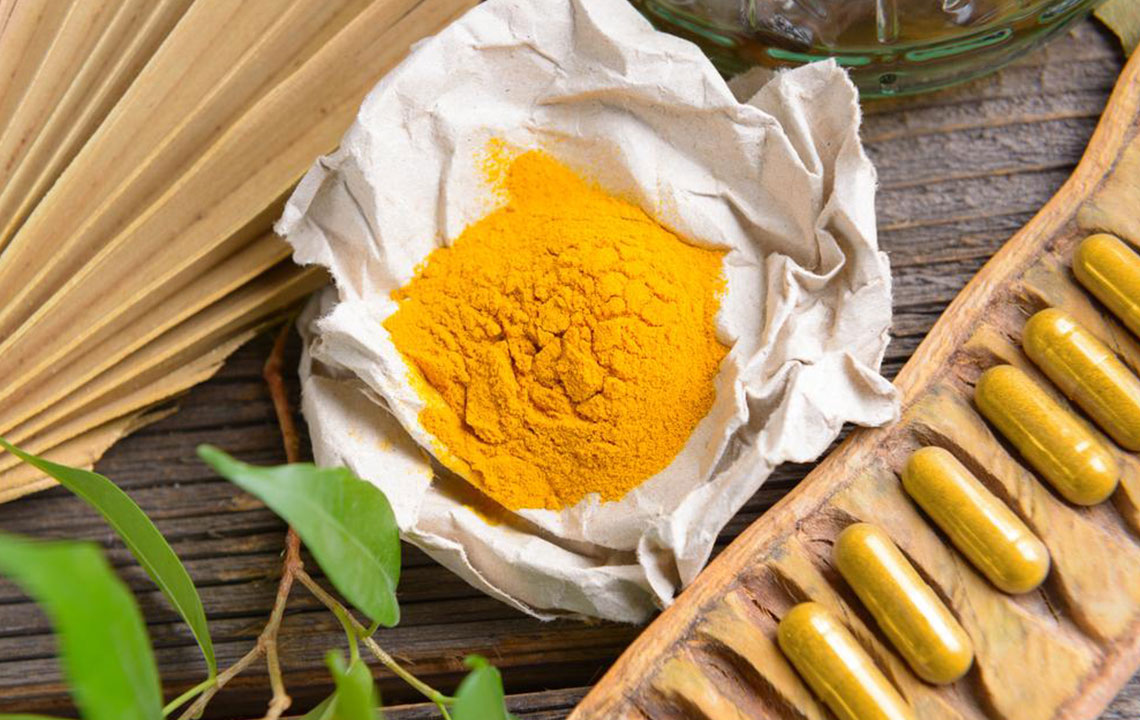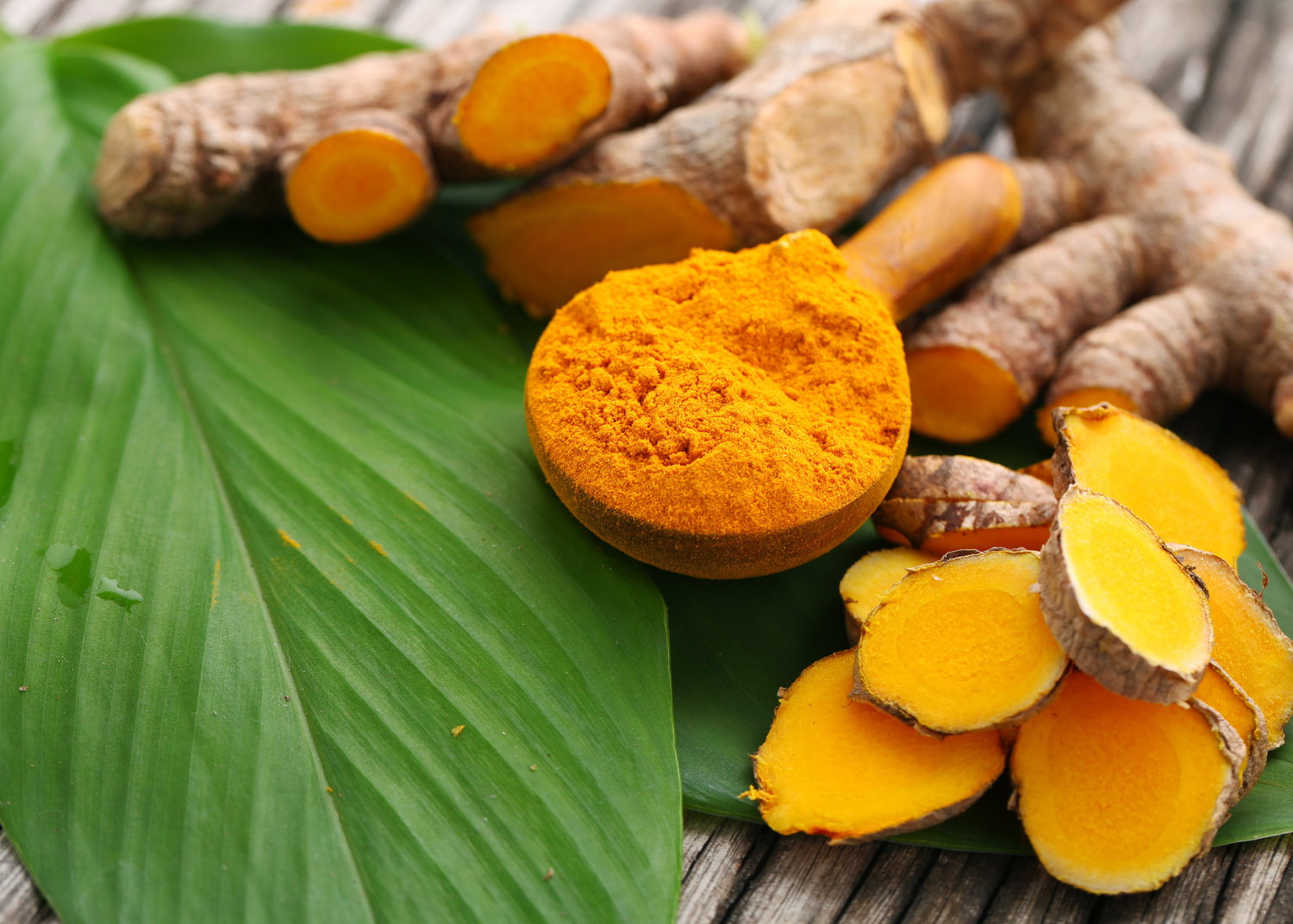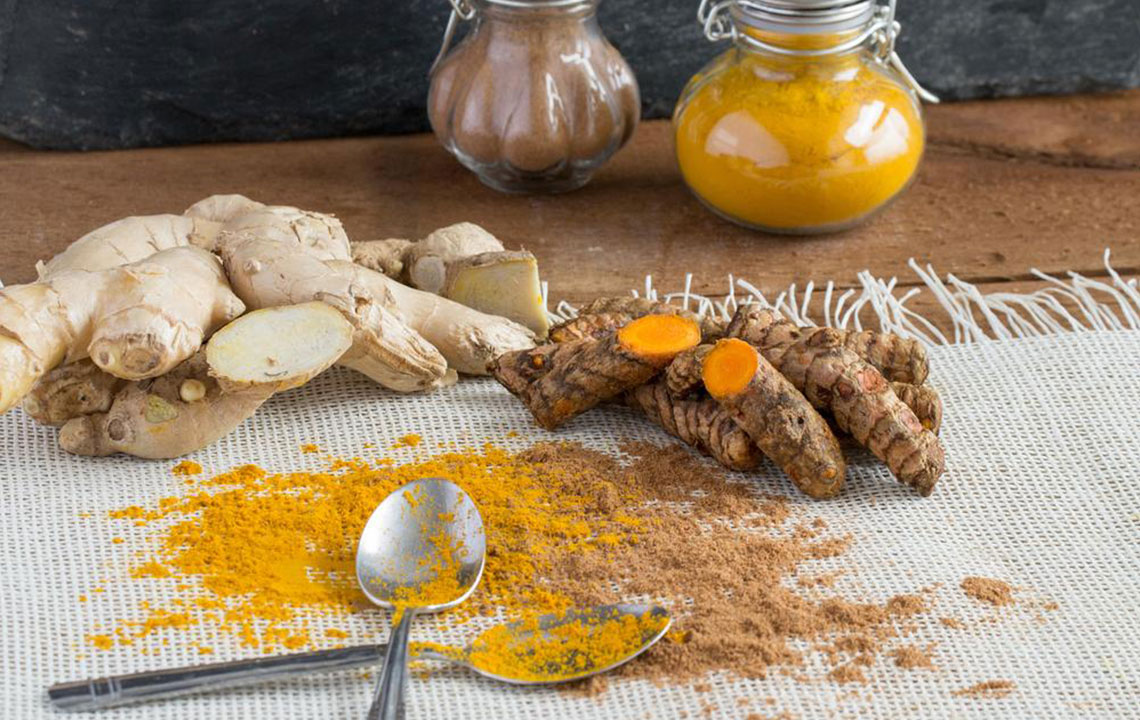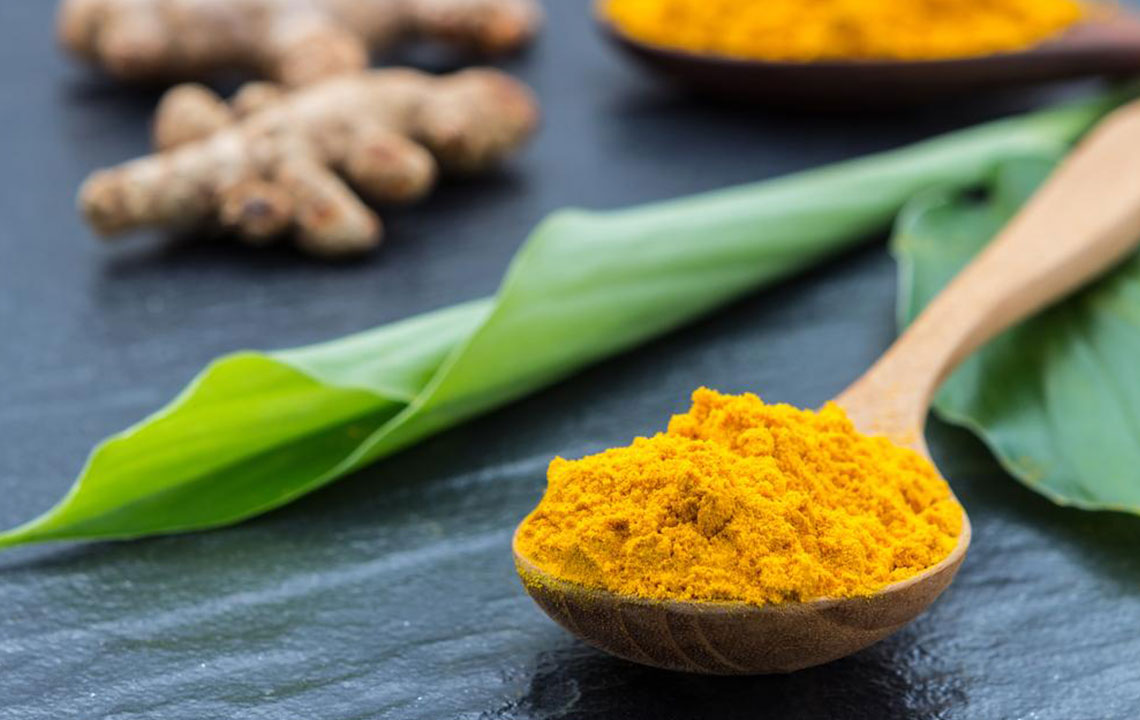Discover the Health Advantages of Turmeric
Explore the wide-ranging health benefits of turmeric, a spice cherished for its medicinal properties. From anti-inflammatory effects to skin care, learn how turmeric and its active compound, curcumin, can enhance overall well-being. Discover proper usage, supplementation tips, and precautions for safe consumption.
Sponsored
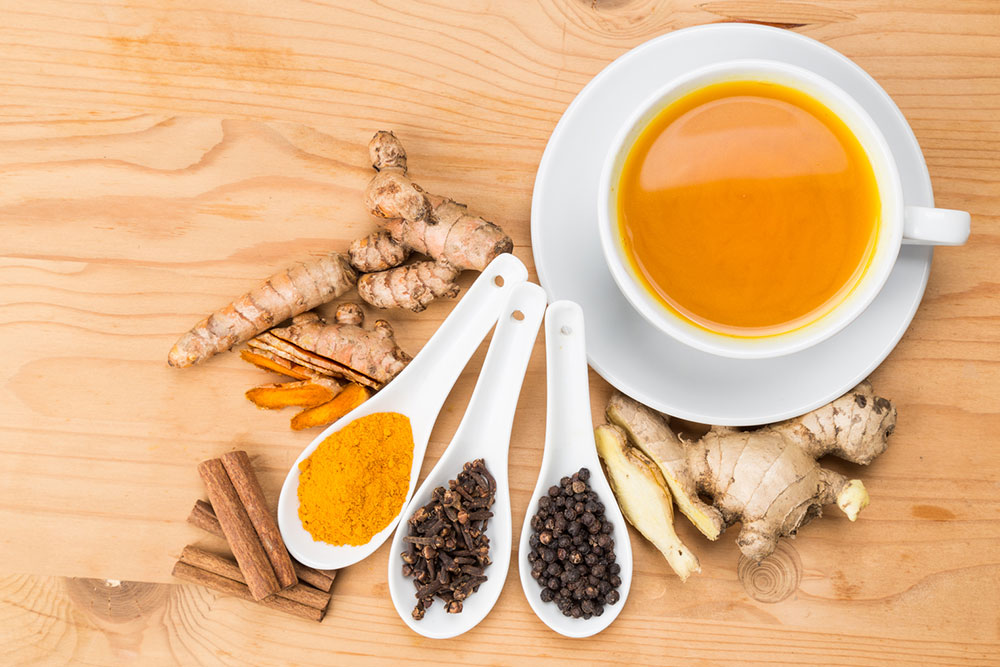
Turmeric, a revered spice originating from South Asia, is gaining global attention for its numerous health benefits. This golden-yellow root belongs to the ginger family and has been an integral part of traditional medicine and cuisine in Indian and Southeast Asian cultures. Its primary active compound, curcumin, offers powerful anti-inflammatory and antioxidant properties.
What is turmeric?
Turmeric is a rhizome plant native to the Indian subcontinent and Southeast Asia. Cultivated rather than wild, it is widely used as a spice for its vibrant color, flavor, and medicinal qualities. Besides culinary uses, it serves as a natural dye and cosmetic ingredient.
Traditionally, turmeric has been valued for its healing properties. Its active component, curcumin, contributes to its health-promoting effects. The dried root is ground into a fine powder, comprising mainly carbohydrates, water, proteins, fats, minerals, essential oils, and curcuminoids, which lend its characteristic color.
In modern times, scientific research on turmeric expanded in the 19th century with the chemical extraction of curcumin, revealing its potential benefits. Used extensively in Indian, Middle Eastern, and Southeast Asian cuisines, turmeric enhances food appearance and flavor. Its uses extend beyond cooking to cosmetics and health supplements. The popularity of turmeric-based beverages like golden milk continues to grow worldwide.
Topical applications include DIY face masks for natural skin illumination, thanks to turmeric’s anti-inflammatory and antioxidant qualities. It also offers antimicrobial and UV-protection benefits, making it a popular ingredient in natural skincare.
Medically, turmeric has been traditionally used to promote wound healing, combat skin diseases, and treat hair conditions. Its anti-inflammatory properties may help manage chronic conditions like arthritis and neurodegenerative diseases. Some studies suggest curcumin could delay cognitive decline and reduce risks of Alzheimer's and other age-related ailments, though conclusive clinical evidence is ongoing.
Key properties of turmeric and curcumin:
Potent antioxidant
Anti-inflammatory agent
Antiseptic
Blood sugar regulation
Skin health support
Blood-thinning properties
Relief from joint and muscle pain
Sore throat alleviation
Cholesterol balance
Potential neuroprotective effects
Possible anticancer properties
Since curcumin makes up only about 3% of turmeric, supplements with concentrated curcumin extracts are recommended for therapeutic benefits. Absorption can be enhanced when combined with black pepper or healthy fats like coconut oil. However, excessive use of turmeric or supplements may cause adverse effects, including allergies, gastrointestinal discomfort, or blood thinning. Pregnant women, individuals with gallstones, kidney stones, or anemia should consult healthcare providers before use.

